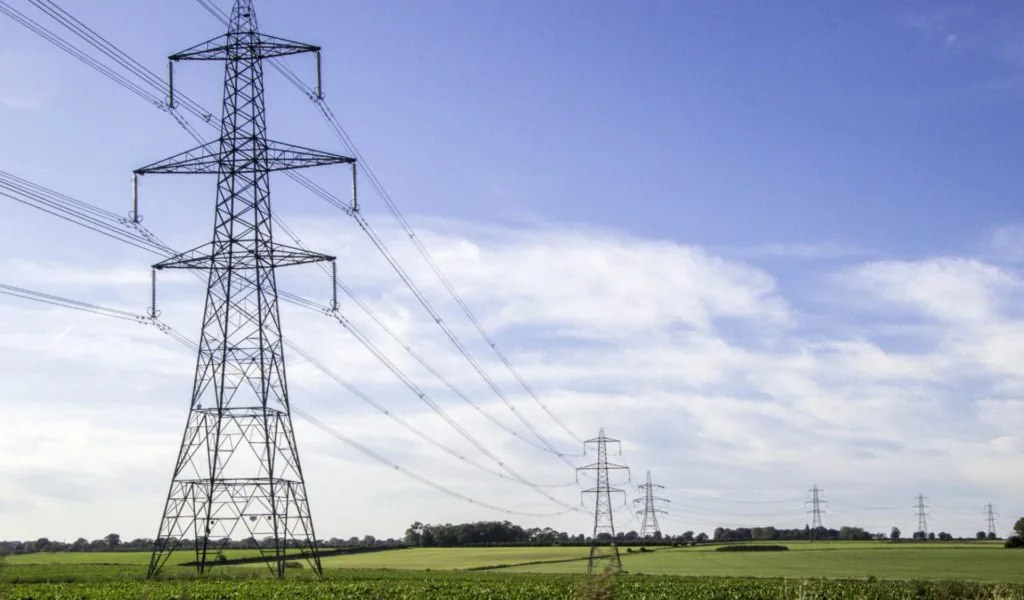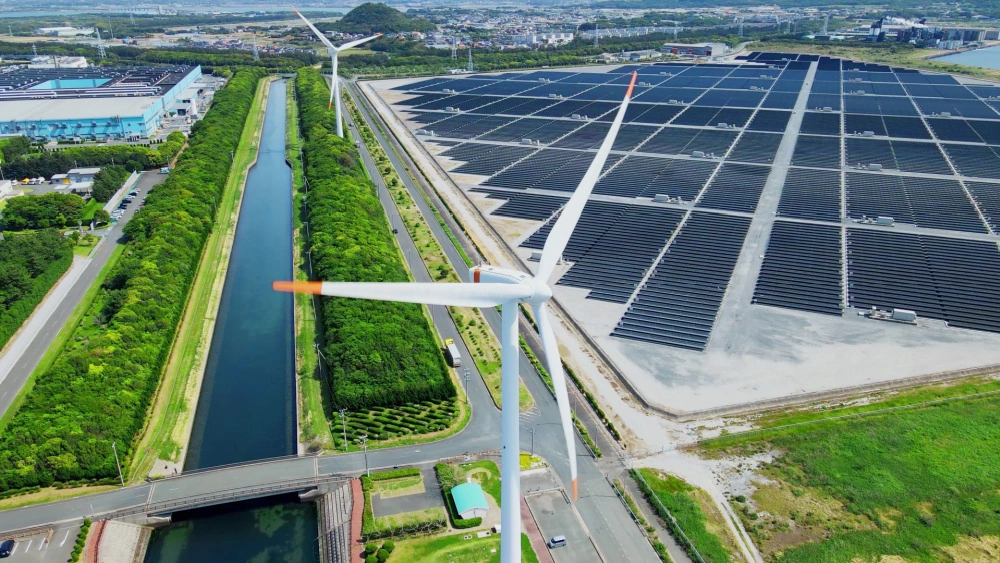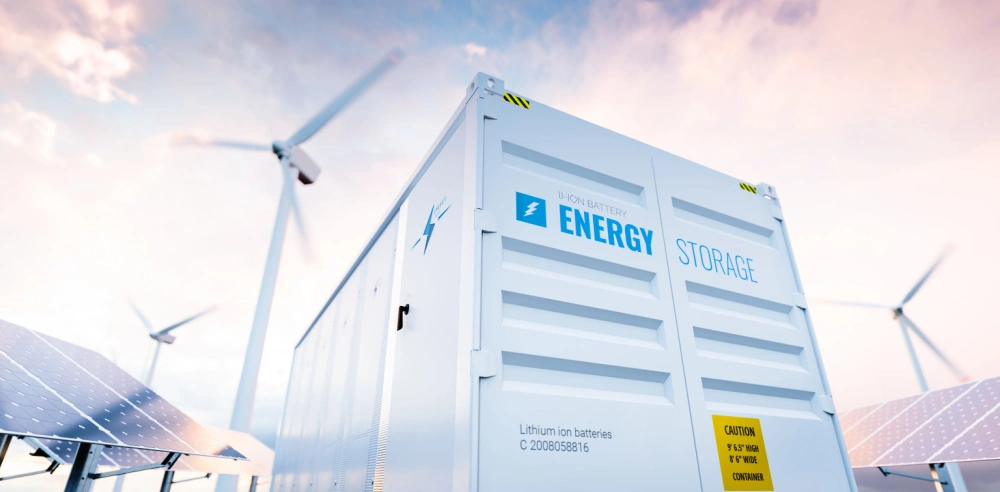
The 100,000 quadrillion dollar asteroid: space mining part two

By John Catchpole, Halo Garrity
22 Nov 2023 | 5 minute read
In our previous article the potential of space mining was discussed, and the international legal framework set out. Whilst space mining has the potential to be extremely lucrative the UN space treaties do not allow for national appropriation of space resources, or private ownership and commercial exploitation.
To provide regulatory certainty for private industry considering the investment of significant resource into speculative space mining operations national governments have begun enacting new legislation around space mining. This is proving attractive to space businesses, with advantageous domestic legislation luring in investment from the space industry.
Updated legal and regulatory framework
United States
The United States enacted The American Commercial Space Launch Competitiveness Act in 2015 which contains the first national legislative provisions with respect to the extraction and use of space resources in Chapter 513 – Space Resource Commercial Exploration and Utilization. The Act is notable in this respect for three main reasons.
- The Act defines space resource as "an abiotic resource in situ in outer space". The next part of the definition explicitly states that this includes water and minerals. Asteroid resources are defined as space resources found on or within an asteroid.
- The Act states the aim to facilitate commercial exploration for and commercial recovery of space resources by United States citizens. Government barriers to this are discouraged and explicit proprietary rights in space for United States citizens are established through the entitlement to "…possess, own, transport, use, and sell the asteroid resource or space resource obtained…".
- Finally, the Act expressly disclaims any extra-terrestrial sovereignty through a statement that the United States "…does not thereby assert sovereignty or sovereign or exclusive rights or jurisdiction over, or the ownership of, any celestial body".
In simple terms this gives United States citizens the legal right to mine on asteroids secure in their ownership of the resources and ability to sell them. The US has kept to the spirit of the Outer Space Treaty by expressly disavowing national appropriation whilst allowing private appropriation.
Luxembourg, the United Arab Emirates, Japan
The United States was followed in space resource utilisation legislation by the Grand Duchy of Luxembourg.
In 2017, the Law on the Exploration and Use of Space Resources was enacted which baldly states at Article 1:
"Space resources are capable of being owned."
The Law goes on to state that authorisation to explore or use space resources must be applied for in writing and will only be granted to space resources operators that are Luxembourg-based companies.
The United Arab Emirates followed in 2019 with Federal Law No. (12) On The Regulation of the Space Sector. The aim of this UAE Space Law was, in part, to stimulate investment. It provides for the granting of permits to own a space object and carry out any space activities, such as mining and extraction.
In 2021 Japan passed their own Space Resources Act which also allows for private entities to explore, extract, and use various space resources on the Moon and other celestial bodies, including water and minerals. In common with the other Acts companies that wish to do so must first obtain permission.
There are now four possible legal and regulatory regimes within which a commercial operator could seek to explore, extract, and use space and asteroid resources.
Artemis Accords
The Artemis Program led to the 2020 Artemis Accords, a non-binding multilateral agreement between the United States and others participating in the Program, signed as of November 2023 by 32 countries. These codify principles and best practice guidelines for exploring and using space generally.
The Accords are explicitly grounded in the Outer Space Treaty however they interpret the principles in sometimes surprising ways. Whilst the principle of non-appropriation of celestial bodies is acknowledged the Accords state at section 10 paragraph 2 that "the extraction of space resources does not inherently constitute national appropriation". Section 10 also states that "the utilisation of space resources can benefit humankind".
The future
The plans to mine in space for commercial benefit have attracted controversy. Russia has called for a "system of regulations" at international level to address mining activities rather than individual national laws. Commentators have disagreed about whether the Outer Space Treaty necessarily leads to the conclusion that there should not be any private property rights in space at all.
In practice the Outer Space Treaty and the Moon Agreement, that both call for space resources to be used for the benefit of and in the interests of all countries, have not been ratified by every active space-faring nation. There is no enforcement mechanism, and it is difficult to envisage a situation in which an operator with a permission from an awarding country could be stripped of the products of their asteroid mining under the UN treaties.
There is already routine commercial use of limited space resources through the launching of satellites into orbits of which there are a maximum number of slots available. Asteroid mining in that light can be seen as merely another step into the viable commercial exploitation of space.
Resources that are rare on Earth exist in abundance in space. We still have a way to go in technical developments before any one person reaches trillionaire status from those resources, but the possibility is becoming less remote. As the prospect of space mining becomes ever more feasible the issue of space resource ownership advances from an academic issue to a practical one.
Countries that are taking steps to resolve the issue through the provision of legal and regulatory certainty over space resource ownership are attracting companies and investments. Luxembourg, a country with a population of just over half a million people and no launch capabilities, has attracted 70 companies and public bodies into its space industry, employing circa 1,400 people. It is unlikely that the number of countries with space resource ownership specific legislation will remain at four.
Our advice
Taking advice on where to base your space resource utilisation company is key to avoiding potential wrangles over resource ownership in the future. Assisting you with compliance with foreign direct investment rules, local legislation such as employment laws and data protection, and of course deciding on the best tax and corporate structure are all areas Foot Anstey's Space & Satellites team are well placed to advise on.














